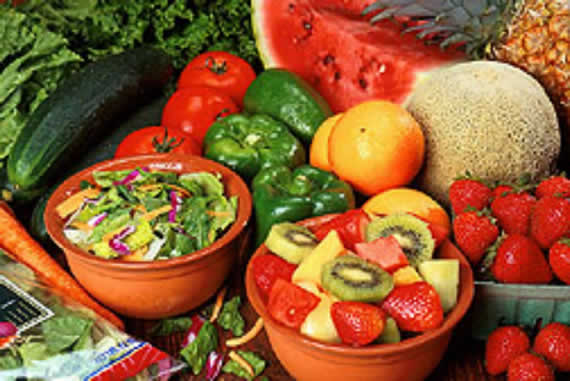The American Mushroom Institute has announced,
 “On December 18, 2008, Kaolin Mushroom Farms, the growing division of South Mill Mushroom Sales, was the first mushroom farm to pass the U.S. Department of Agriculture’s Mushroom Good Agricultural Practices audit.”
“On December 18, 2008, Kaolin Mushroom Farms, the growing division of South Mill Mushroom Sales, was the first mushroom farm to pass the U.S. Department of Agriculture’s Mushroom Good Agricultural Practices audit.”
Previously, South Mill had implemented HACCP plans at all its farms and processing facilities, which were (and still are) continuously self-monitored and regularly audited and approved by the AIB (American Institute of Baking).
South Mill’s website currently brags,
“We are proud of our record of consistently scoring in the 97 percentile or above in all our facility AIB Audits,” though AIB was the third-party auditor that gave Peanut Corp. of America superior ratings before it sickened 683 people in 46 states.
The USDA-approved Mushroom GAPs—in line with the FDA’s Guide to Minimize Microbial Food Safety Hazards for Fresh Fruits and Vegetables—provide standards for growers to implement and document, which can then be audited by outsiders. Dr. Luke LaBorde of Penn State University started putting together the science for the standards 10 years ago. That may have more teeth than AIB audits.
Auditors, like restaurant inspectors, only get a glimpse of what’s going on–in one area at one point in time. A framework of science-based practices, that are thoroughly documented and supported by a culture of food safety, has the capacity to inspire far more confidence than a third-party audit ever could.
 John Pia of South Mill Mushroom Sales knows that food safety sells.
John Pia of South Mill Mushroom Sales knows that food safety sells.
"Mushroom growers who do not embrace this inevitable industry direction will find themselves with no place to sell their product. While the cost of compliance is significant, the cost of non-compliance is devastating," he said.
Only two other commodities—leafy greens and tomatoes—have such commodity-specific GAP audit plans. To that end, the president of American Mushroom Institute, Laura Phelps, was quoted as saying,
"The mushroom industry can be proud of its pro-active approach to food safety by developing this program as a good business practice instead of as a response to pressure by regulators following a food safety incident."
That’s what a culture of food safety is all about. Now they just have to update their website.

.jpg) Botulinum is a deadly toxin that comes from bacteria in soil and grows in warm, moist environments with no oxygen and low acidity. For example, it can grow on a baked potato wrapped in foil and left out on the counter. There have also been cases of poisoning in
Botulinum is a deadly toxin that comes from bacteria in soil and grows in warm, moist environments with no oxygen and low acidity. For example, it can grow on a baked potato wrapped in foil and left out on the counter. There have also been cases of poisoning in  If having botulism is better than being married to Chloe, then Lucas better hope Victor, Kate, Sammy or even Daniel will ruin that wedding (you can vote online at nbc.com).
If having botulism is better than being married to Chloe, then Lucas better hope Victor, Kate, Sammy or even Daniel will ruin that wedding (you can vote online at nbc.com). One vet spoke of management’s attempt at Diversity Day (from The Office, right and below) by saying,
One vet spoke of management’s attempt at Diversity Day (from The Office, right and below) by saying,.jpg)


 “You know, we want to make sure our guests here and across the nation are eating nutritious items. Collect some fruits and vegetables; bring by some good healthy food. We can provide this kind of healthy food for communities across the country, and we can do it by each of us lending a hand.”
“You know, we want to make sure our guests here and across the nation are eating nutritious items. Collect some fruits and vegetables; bring by some good healthy food. We can provide this kind of healthy food for communities across the country, and we can do it by each of us lending a hand.”
 So the big question is, did anybody ask?
So the big question is, did anybody ask?
 “THIS PLACE SUCKS” isn’t exactly something you expect to read on the shirt of a server when ordering lunch, but it’s an example of the uniform at Pizzeria Delfina in San Francisco. The restaurant has taken poor comments published on
“THIS PLACE SUCKS” isn’t exactly something you expect to read on the shirt of a server when ordering lunch, but it’s an example of the uniform at Pizzeria Delfina in San Francisco. The restaurant has taken poor comments published on 

